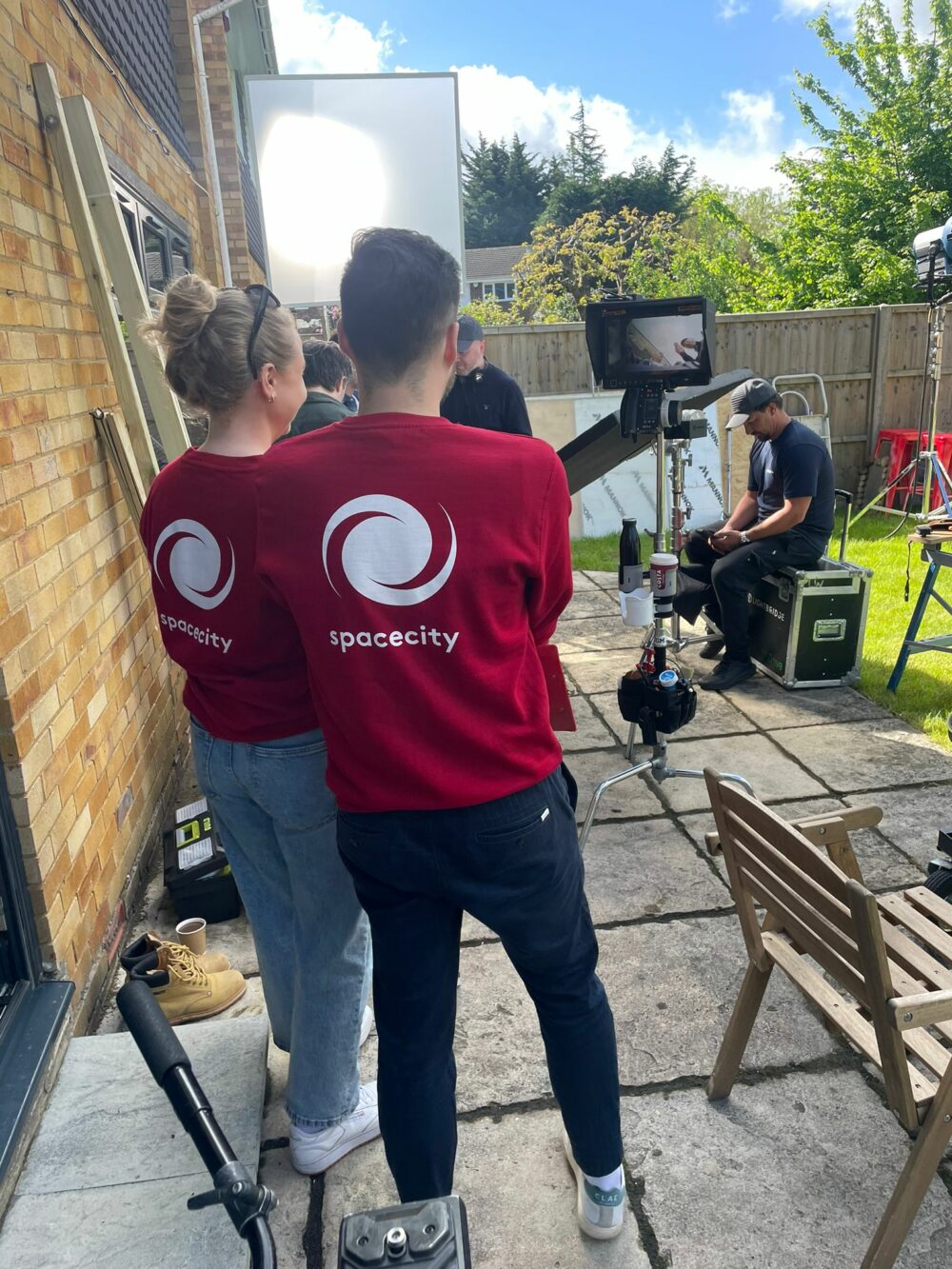THERESA May has paid the price somewhat for an election campaign run on scare-mongering, project fear and platitudes: advertising take note.
Ultimately the juxtaposition between the Conservative Party and Labour was stark in fundamental policy, negotiating rhetoric and the choice of language.
Regardless of which side you or your business may be on of the election, the language, rhetoric and diversity of Jeremy Corbyn’s campaign ensured that from an emotive sense, Labour had the ability to resonate with those undecided, unaffiliated or disillusioned with the political elite.
While from an advertising perspective both parties flooded the web with PPC and banner ads, ultimately exploiting cookies to systematically target individuals on their personal sentiments and search history; for the first time at least provided a granular election whereby consensus was not the cause for support.
Instead through simply appealing to some people emotively- individually too- it provided an extrication from traditional party bias and politics, ensuring Theresa May’s rhetoric of reiteration ultimately failed to deliver.
Although a crucial trait of advertising, brand reiteration does not in itself assist the power of advertising; in terms of affirmation that is.
Ultimately emotion supersedes information and persuasion within advertising, thus in a similar regard it is appealing to the sentiment/s that matter rather than attempting to peddle a negative agenda, which has lead to Corbyn’s Labour- a mere outsider a few weeks ago- disrupting May’s attempts to secure a stronger majority and forcing a hung Parliament.
Although at the time writing it appears the DUP will be ushered in to provide support rather than a full, negotiated coalition, the General Election of 2017 represents a paradigm shift in how elections can be won, lost or disrupted.

Thus as we all look to take heed from the results laid before us, it should be noted that a rhetoric of aspiration, hope, inclusiveness and empowerment was imperative to securing immediate and response eliciting retention.
While Labour were also guilty of utilising platitudes to engineer success, unlike with the Conservatives, affirmation could be struck thanks to the policy that could ultimately add credibility and integrity to the soundbite.
Strong and stable leadership is something that exudes connotations of safety and security, yet fundamental policy from the Conservative side could be attacked by Labour that could pour scorn on such a rhetoric.
The policy of seeking to continue with the status quo as it were and aligning it to safe, protectionist language had to be reflected in the communicative dialogue: this is one of the reasons the tide turned.
Akin to advertising where you make a claim to offer the most high-specification, bespoke holiday homes, before your consumers publicly find it to be suffering from subsidence, ultimately acts as a contradiction.
Thus with the steadfast rhetoric of Corbyn, Theresa May had to provide some semblance of aspiration; emotive accord that could serve to dictate the minds of the electorate and mobilise their campaign.
With the settled and consistent wave of rhetoric from the Labour side, those who sought a credible means of being enchanted by the political fraternity found solace in Jeremy Corbyn’s party.
By focusing on emotion and targeting a set demographic, notwithstanding being an advocate for social empowerment, Labour under Jeremy Corbyn provided a brand that would elicit response and further engagement through word-of-mouth and crucially social media.
Advertising campaigns that focus on purely information and persuasion ultimately dither in comparison to those that look to simply augment it to an already powerful, emotive campaign.
Statistically ads that seek to just persuade and inform elicit between 0.01 and 0.05% of responses at end branding, while those that seek to entertain or influence mood incite responses between 0.16 and 0.21% of occasions, more than four times that of informative advertising.
Thus the message, regardless of its credence in a sense, will ultimately be rendered redundant to many consumers, or in the context of June 8 2017, the electorate.

Therefore as your business seeks to implement an advertising strategy that is equipped to succeed, ensuring the focus is on an emotively driven, credible brand and call-to-action is imperative.
Although Theresa May implemented a branding rhetoric that has embodied reiteration and encoding, for those it was seeking to persuade it has failed to deliver.
Ads that empower ostracised or marginalised groups of society; social causes for instance, serve to increase advertising effectiveness by up to 70%.
While the cause of both parties in their respective visions was to ultimately protect and assure the long-term prosperity of the country, the empowerment of certain segments of society: the disabled, the NHS and the LGBT community was manifest and showcased within the Corbyn campaign.
By contrast similar policies that also champion worthy causes: freedom for journalists, citizens looking to hold councillors to account and rights for the disabled, were not engrained in their advertising or public rhetoric.
Therefore as you seek to enchant new consumers in increasingly saturated markets, underpinning your TV and online advertising with emotion, creativity and aspiration will ensure you succeed.
Space City has been producing TV, online and radio commercials for 25 years, supporting brands deliver long-term success through emotive content that resonates.
Contact the team now and enjoy similar success to previous clients who have enjoyed sales uplifts of as much as 600% in the wake of their ad.


